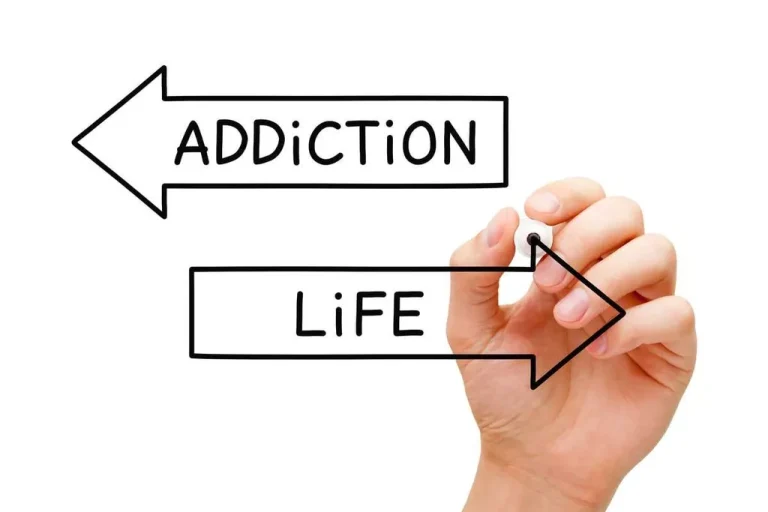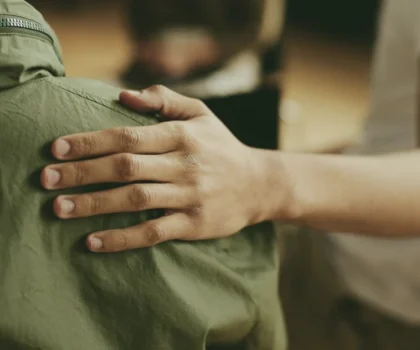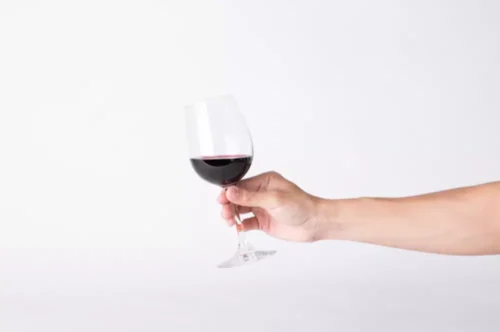Alcohol Anxiety: Can Drinking Cause Anxiety & Panic Attacks?
Sober living

Women in the early abstinence group showed weaker BNST-network functional connectivity, which may help explain the greater stress-induced relapse in women. The authors suggest future studies investigating the effect of hormones on this connectivity. Functional connectivity in the BNST-ventromedial prefrontal cortex was weaker in women in early abstinence during unpredictable threat cues and stronger in men during unpredictable neutral cues. People in the healthy group who had higher anxiety scores showed weaker connectivity in these regions during unpredictable cues than people in the early abstinent group. At CalmClinic, we believe that information is only as helpful as its accuracy. That is why all of the content that we publish is always reviewed and analyzed by professionals in the psychology and healthcare fields.
How to Stop Self-Medicating Depression, Anxiety, and Stress

In therapy, you can evaluate the root cause of your anxiety and develop healthy coping strategies. Many people are unaware that cognitive behavioral therapy is also proven to help reduce alcohol consumption, and that many of the same tools can address anxiety disorders and alcohol use disorder simultaneously. Anxiety after does alcohol cause anxiety attacks drinking can result from alcohol’s impact on brain chemistry, dehydration, withdrawal symptoms, disrupted sleep, and pre-existing anxiety disorders. If this is a recurring issue, consider moderating alcohol intake and seeking professional support. Denial is common in both substance abuse and mental health issues.
How do doctors treat hangxiety?

It is also recommended that you consult your GP if you are concerned that you have a drinking problem. Excessive consumption of alcohol causes dehydration, which can https://ecosoberhouse.com/ make you feel dizzy and increase your heart rate. Alcohol is a diuretic, which means that it causes excessive expulsion of liquid from the body via urination.

Are you struggling with anxiety and alcohol abuse?
This can definitely cause anxiety and worsen any existing phobias or overthinking tendencies you may already have. However, anxiety for several days may also indicate someone has an anxiety disorder. Nowadays, the internet can also offer tools for keeping track of drinking habits, setting goals, and providing relapse-prevention techniques. According to a 2017 review of 63 studies, reducing alcohol intake led to improvements in both depression and anxiety.
Using Alcohol to Control Stress and Anxiety
- Both alcohol use disorder and anxiety disorder are treatable conditions, and require developing healthy coping mechanisms.
- It’s even more common to find that after you’ve stopped drinking, anxiety makes you want to go back to alcohol.
- Some people might come to feel they need alcohol to be able to relax or cope with stress in their lives.
- In short, for comorbid individuals, the avoidance and escape-oriented coping strategies taught within RPT could perpetuate anxiety problems.
In short, if your drinking or drug use is causing problems in your life, you have a substance abuse problem. That’s where the real problem comes in, and that’s why those that want to quit drinking also need to start looking at how to regain those coping skills that they’ve lost. It’s not just about whether you’ll go back to alcohol – it’s also about learning how to let smaller stresses not explode into larger stresses. Unless you regain your ability to cope with stress, the chances of developing an anxiety disorder remain high. If you are not struggling with alcohol addiction, cutting out drinking is more of a personal choice.
Drug Abuse and Addiction

The Risks of Using Alcohol to Relieve Anxiety
- Have a sober hang with friends, go on a hike or walk, read a book, or host a movie or Netflix night.
- People often attend happy hour after a long work day or have a glass of wine after their children go to sleep.
- For example, there is some evidence that those who abuse opioid painkillers are at greater risk for depression and heavy cannabis use has been linked to an increased risk for schizophrenia.
- There are many effective treatments for anxiety and alcohol use disorders, including ongoing individual therapy, group therapy, prescribed medications, or a combination of these methods.
- Thus, the status of the science underpinning the mutual maintenance hypothesis at this time only yields indirect agreement.
